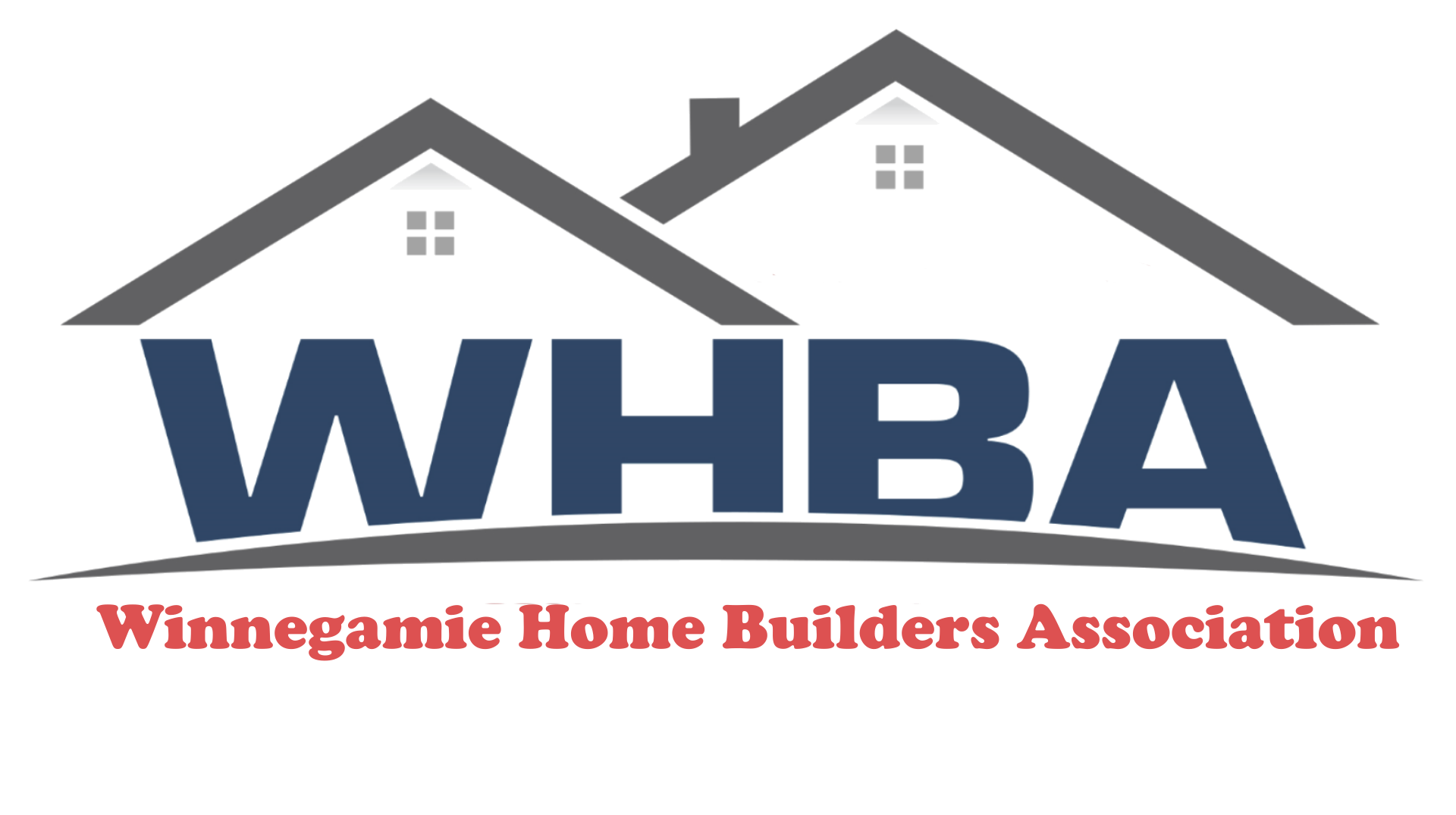
Top 4 Reasons to Pursue a Career in Construction
January 2, 2020
Questions to Ask a Builder, Referral, & Yourself Before Building
January 3, 2020It is the American Dream to own your own home. Many people think they will save an enormous amount of money by building on their own, but this could end up being a costly mistake, financially, emotionally, and physically. Your home is the single biggest investment you will make in your lifetime. Do you have the expertise to make sure this home will last your lifetime? Or is hiring a contractor the way to go?
Ask yourself the following:
-Do I have the time to undertake a time-consuming project? Is it worth that time?
-How stressful will this be for my family?
-Do I have the skills to properly build a home?
-Do I have the correct tools for the job I plan to do? If not, how much money will those tools cost? Will I use them again once the home is completed?
Arranging Financing
Arranging & applying for a house loan can be quite involved and should be one of the first orders of business. Even if you feel that you have enough cash to do the job, applying for a home loan to allow for inevitable overruns due to increased material & labor costs, upgrades is always advised. Most mortgage companies will not lend money to cover the unanticipated costs on a home when construction has already begun. As a self-contractor, some lenders will not lend you more than 80% of the projected costs.
House plans, specifications, and an itemized list of documented costs and bids must be provided to the lender. In calculating costs, do not allow for “sweat equity,” as most lenders do not recognize this as a legitimate cost.
Bidding Expertise
Do you know how to properly analyze a cost breakdown? Are you able to distinguish high bids, low bids, and work quality? Are you allowing for all of the materials you’ll need? For example, everyone knows to buy tile, but what about grout, thin-set, and spacers? Is everything that will be needed to complete the task included in the bid? Do you know enough about the work to realize if it’s not?
Remember, the lender will require that your cost breakdown be documented, and if you have not projected costs efficiently and run short of funds, the loan amount cannot be adjusted after it is approved.
Bookkeeping Responsibilities
IRS
The IRS requires that you send any subcontractor who earns $600.00 or more a 1099 form at the end of the year. In the event you are audited, be prepared to prove that the sub is an independent contractor. In other words, you did not have to supervise this person’s work, and you did not dictate what time this person reported to the job.
Tracking Materials Purchases
It is very important to be on the site or have someone you can trust to document delivery slips. Returns must be accounted for since inaccurate billing can run up costs. You will need to check all invoices and account for all materials. Waste can add hundreds, if not thousands, to the cost of your home.
Deposits
Deposits may be required by all utilities before construction can begin. Make deposits early, as some may take weeks to get their services connected.
Construction Management
There is much more to building a home than meets the eye. Be realistic about your level of skill and the amount of time you can spend on the Jobsite. Base your decision to put “sweat equity” into your home on your experience, skills, and the amount of stress you and your family are able to manage. Your ability to handle the long-term disruption of schedules is just as important as your ability to swing a hammer
Lien Laws
In the event any of your subcontractors fail to pay their suppliers or laborers, a lien can be filed against your property. A lien is a claim against a piece of property and can cloud the title or deed to the property. These suppliers and laborers, if not paid, can file a lien against your property, even if you have paid the subcontractors.
Insurance
Do you know why builders carry Builders’ Risk, General Liability, and Workman’s Compensation insurance on all their building projects? Because they know what their liabilities are and you, as a self- contractor, may have to assume the same liabilities.
General Liability
Your lender may or may not require this type of insurance, but as a self-contractor – the permit purchaser and the property owner – you are responsible for any third party injuries that may occur on your property. Without the proper general liability protection, you will be held liable if anyone gets injured on the project, including children injured while playing on the job site.
Builder’s Risk
The mortgage lender will require this type of insurance, which covers the home materials only (no bodily injury, etc.). Upon completion of the home and closing the loan, you will want to convert this policy to a homeowners’ policy. Your lender or insurance agent can explain this to you.
Workman’s Compensation: If you are not in the business of building homes, you may not be required to carry workman’s compensation insurance; however, it would be prudent to require any subcontractors you hire to provide certification of their workman’s compensation coverage. Also, it is important to know that any subcontractor who employs any number of workers is required by law to carry workman’s compensation insurance. Do not accept a release of injury in lieu of a subcontractor having workman's compensation insurance as the release may not be binding in a court of law.
This has been an issue of increasing concern to property owners, as there is a fine line between being an employer and being a do-it-yourself minded builder. A recent case in Oregon ruled that, since the property owners were serving as their own general contractor and had the right to control their workers, they were employers and therefore liable for workman’s compensation insurance. This presents a legal issue about which property owners should be knowledgeable. Your attorney or insurance agent can explain this exposure to you.
Occupational & Safety Health Administration (OSHA)
As the general contractor of your own home, you can be held responsible for all subcontractors who do not adhere to the construction site OSHA safety requirements. Specifics such as regulations involving stairways and ladders have been a major source of injuries among construction workers. OSHA has set out about 17 detailed rules that govern just stairway and ladder use alone. Other OSHA standards for a job site include postings of emergency numbers and instructions in the event of injury.
If your job site became the target of an OSHA inspection, penalties for any infractions could be very costly. For example, in Texas, one inspection of a single home under construction resulted in $20,000 worth of citations (according to NAHB Business Management).
Permits
Building permits and periodic inspections are required even if you are self-contracting. It can be a tedious and frustrating experience if you are not familiar with the system and all of the “red tape” requirements, which must be complied with before commencing work. Mistakes here can be costly and time-consuming.
Selection & Scheduling of Contractors
Remember these subcontractors have other jobs in progress other than yours. Their loyalty may be to those builders that give them the most work during the year. Will they be available to you at the proper time? For example, do you have the toilet installed before or after the flooring? One sub cannot do their work until another has completed his/her. Delays are costly, frequent, and frustrating.
For a full list of certified local contractors Click Here.


